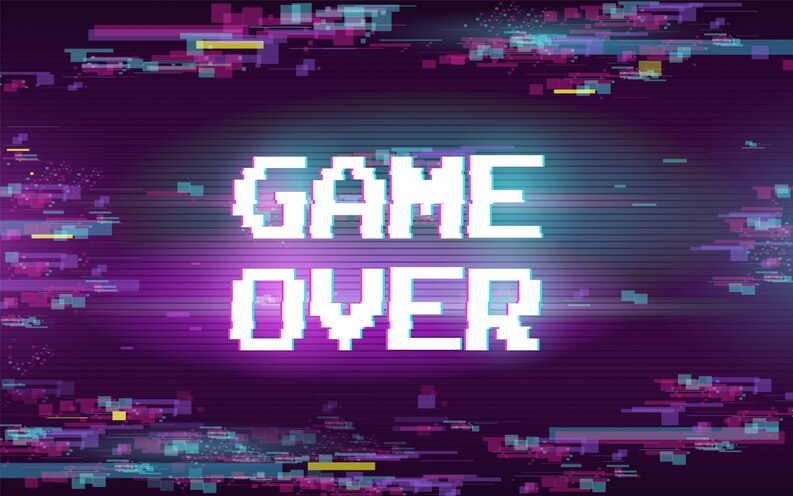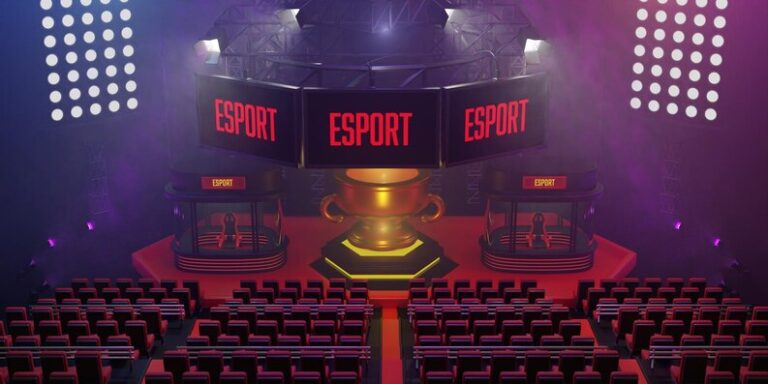As a passionate gamer, I have witnessed the remarkable growth of the ESports industry firsthand. ESports, or electronic sports, refers to competitive video gaming on a professional level. It has evolved into a global phenomenon, captivating millions of players and spectators alike. Let’s delve into the game development process in the ESports industry, highlighting the challenges developers face, the importance of balancing gameplay, and the crucial role of player feedback in creating successful ESports titles.

Introduction to the ESports Industry
The ESports industry has experienced explosive growth in recent years, attracting a massive audience and substantial investments. ESports encompasses various genres, including fighting games, real-time strategy (RTS) games, first-person shooters (FPS), and multiplayer online battle arena (MOBA) games. These games are meticulously crafted to provide engaging and competitive experiences for professional players and spectators alike.
The Game Development Process in ESports
Game development in the ESports industry follows a structured and iterative process that involves multiple stages. It begins with the conception of a game idea and progresses through design, development, testing, and release. Throughout each phase, developers face unique challenges and considerations specific to the ESports domain.
Challenges Faced by Developers
Developers in the ESports industry encounter numerous challenges when creating competitive and engaging games. Firstly, achieving game balance is of paramount importance. Balancing gameplay involves fine-tuning various aspects such as character abilities, game mechanics, and map design to ensure fair competition and prevent any single strategy or character from dominating the game.
Secondly, developers must strike a delicate balance between complexity and accessibility. While depth and complexity contribute to strategic gameplay, overly intricate mechanics may alienate casual players and hinder the growth of the ESports community. Finding the sweet spot that caters to both hardcore and casual players is a significant challenge.
Lastly, staying ahead of the rapidly evolving meta is crucial. The ESports landscape is dynamic, with new strategies and player preferences emerging constantly. Developers must actively adapt their games, introducing patches, updates, and new content to maintain a vibrant competitive scene.
The Significance of Balancing Gameplay
Balancing gameplay is a critical aspect of creating successful ESports titles. It ensures that every player has a fair chance to compete and succeed. Developers carefully design character abilities, game mechanics, and map layouts to create an engaging and strategic experience. By considering player feedback and analyzing gameplay data, developers can fine-tune the game’s balance and address any imbalances or issues that arise.
Player Feedback and Its Role in Game Refinement
Player feedback is invaluable to the game development process in the ESports industry. It serves as a compass, guiding developers toward creating a more refined and satisfying experience. Feedback can be obtained through various channels, such as online communities, reviews, and player surveys. By actively listening to the community, developers gain insights into the common needs of players and identify flaws or areas for improvement in their games.
Through player feedback, developers can address issues, make necessary adjustments, and refine the game’s balance. They can introduce patches, balance changes, and new features based on the feedback received. This iterative process fosters a collaborative relationship between developers and players, ensuring the game evolves and remains relevant in the competitive scene.
Conclusion
The process of game development in the ESports industry is a complex and multifaceted journey. Developers face the challenges of balancing gameplay, maintaining accessibility, and staying ahead of the evolving meta. However, by actively engaging with player feedback and incorporating it into the development process, they can create successful ESports titles that resonate with players and captivate the competitive gaming community. As ESports continues to flourish, game developers will play a vital role in shaping its future, constantly refining and innovating to meet the demands and aspirations of both professional players and avid spectators.






